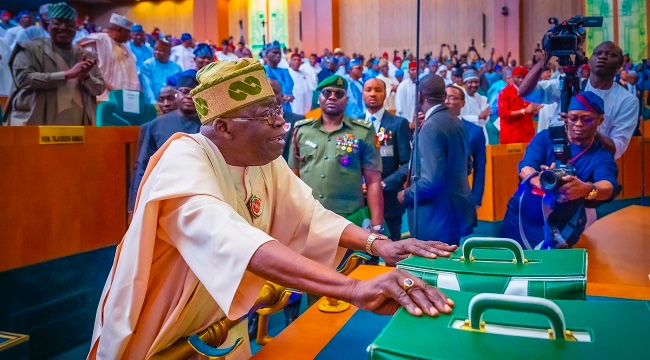On May 14, 2025, the Nigerian Senate took a significant step toward shaping the Federal Capital Territory’s (FCT) development by passing President Bola Tinubu’s ₦1.783 trillion 2025 budget proposal for second reading. This move underscores the government’s commitment to addressing critical needs in healthcare, social welfare, agriculture, job creation, and infrastructure within the FCT, setting the stage for transformative projects in Nigeria’s capital region.
Budget Breakdown and Priorities
The proposed budget is strategically allocated to maximize impact:
-
₦150.35 billion for personnel costs to ensure efficient administration.
-
₦343.78 billion for overhead to support operational needs.
-
₦1.29 trillion for capital projects, with 85% dedicated to completing ongoing initiatives and 15% earmarked for new developments.
This heavy focus on capital expenditure reflects the administration’s priority to deliver tangible infrastructure improvements while maintaining fiscal responsibility by prioritizing existing projects.
Senate’s Swift Action and Procedural Debate
The Senate demonstrated urgency by suspending Standing Order 78(1), allowing the bill to advance to second reading on the same day it was introduced. This decision, however, sparked debate. Senator Abdul Ningi (PDP, Bauchi Central) raised concerns about procedural irregularities, noting that copies of the bill were not distributed to senators in advance, potentially hindering thorough review. Despite these objections, the Senate proceeded, referring the bill to the Senate Committees on FCT, Area Councils, and Auxiliary Matters for further scrutiny. The committees are expected to submit their report within one week, paving the way for final deliberations.
Implications for the FCT
If passed into law, this budget could significantly enhance the FCT’s development trajectory. The emphasis on healthcare and social welfare aligns with the needs of a growing population, while investments in agriculture and job creation could stimulate economic growth. Infrastructure projects, which dominate the capital allocation, are poised to improve connectivity, urban planning, and quality of life in the FCT.
Looking Ahead
As the Senate committees review the proposal, stakeholders will be watching closely to ensure transparency and alignment with public interests. The expedited legislative process signals the government’s determination to act swiftly, but it also raises questions about balancing speed with thorough oversight. The coming weeks will be critical as the Senate finalizes its stance on this pivotal budget.
Stay tuned for updates on this developing story as we track the progress of the FCT 2025 budget and its potential impact on Nigeria’s capital territory.
What are your thoughts on the proposed FCT budget? Share your views in the comments below!
Join our Whatsapp channel to stay updated always!


